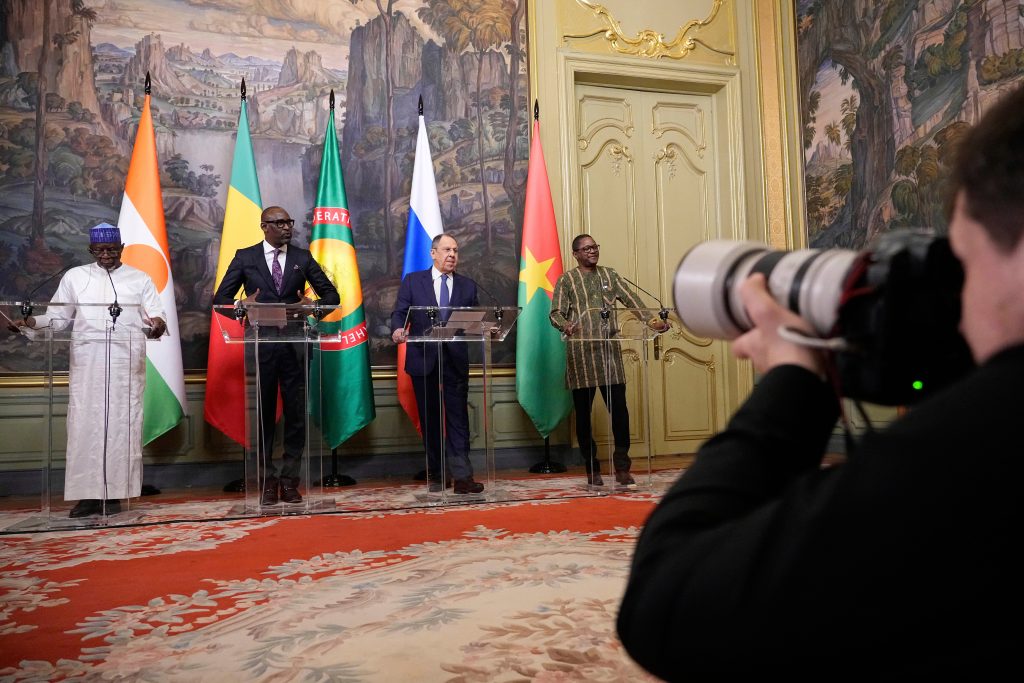Alliance of Sahel States Recalls Ambassadors Amid Escalating Tensions with Algeria
Diplomatic relations in North and West Africa have taken a dramatic turn as the Alliance of Sahel States (AES) — comprising Mali, Niger, and Burkina Faso — announced the immediate recall of their ambassadors from Algeria, signaling a sharp escalation in regional tensions.
The move comes in response to what the AES describes as “persistent interference” by Algeria in the internal affairs of its member states. In a joint statement issued by the alliance’s foreign ministries, the AES accused Algiers of undermining regional sovereignty through unauthorized diplomatic engagements and inflammatory rhetoric.
“The Alliance of Sahel States will not tolerate any form of external interference that jeopardizes the stability, sovereignty, and independence of its member nations,” the statement read. “Our diplomatic response reflects our commitment to defending our political choices and regional unity.”
Algeria, which shares long borders with all three AES countries, has positioned itself as a regional mediator in past conflicts, particularly concerning political transitions and insurgencies in the Sahel. However, its recent attempts to open dialogue with opposition groups and calls for the restoration of constitutional order in Niger and Mali have drawn sharp rebuke from the AES governments, all currently under military leadership following coups in recent years.
The diplomatic fallout is raising concerns among international observers about worsening instability in a region already grappling with Islamist insurgencies, economic challenges, and complex migration issues. Analysts warn that deteriorating relations between Algeria and the AES could further complicate security cooperation and humanitarian efforts.
Algeria has not yet formally responded to the ambassadors’ recall, but sources within its foreign ministry have described the move as “regrettable” and emphasized the country’s long-standing support for regional peace and development. Political analysts suggest that Algiers may seek to de-escalate through backchannel diplomacy, though no formal negotiations have been confirmed.
The African Union and the Economic Community of West African States (ECOWAS) have also been urged to step in and mediate the dispute before it triggers broader geopolitical consequences. However, with the AES gradually distancing itself from ECOWAS and aligning more closely on military and political agendas, regional unity appears increasingly fragile.
This latest diplomatic rift adds to a growing list of challenges confronting the Sahel region, including surging jihadist violence, mass displacement, and strained relations with Western powers. The AES has previously signaled a shift toward greater regional self-reliance and has resisted foreign pressure to return to civilian rule on externally dictated timelines.
As tensions rise, the recall of ambassadors is being viewed not only as a political rebuke but also as a reflection of the AES’s evolving foreign policy stance — one that prioritizes sovereignty and strategic autonomy over traditional diplomatic alliances.
Observers will now be watching closely to see whether this deepening rift leads to a recalibration of regional partnerships or further isolation of the AES bloc on the international stage.
Source : Swifteradio.com


